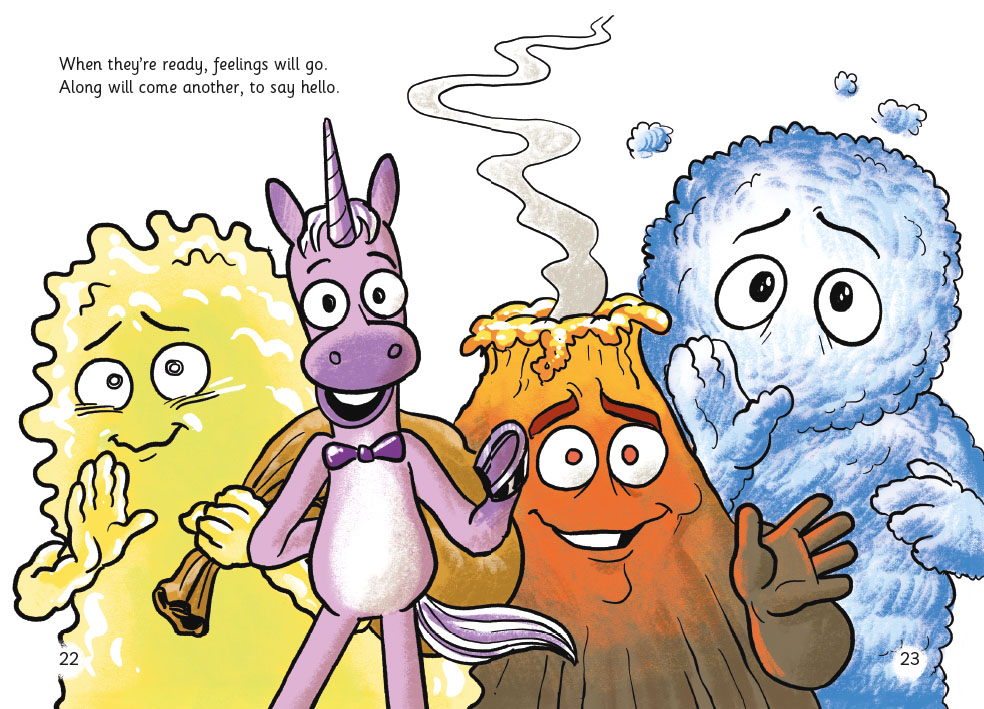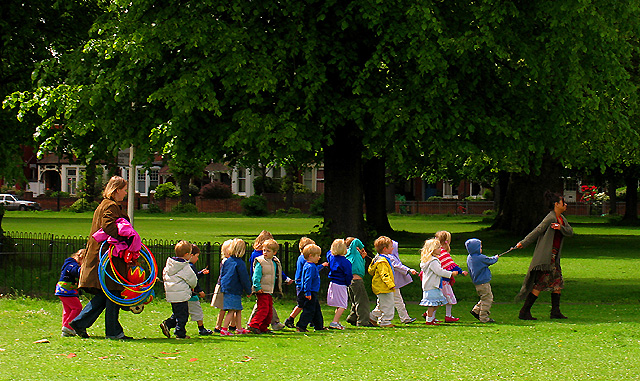
22 tips for teacher mental health awareness
Teaching is a job filled with joy, excitement, curiosity, love and lots of stress.
At the beginning of the summer term in 2018 Ofsted chief Amanda Spielman commissioned research into teacher wellbeing. They wanted to find out what the current levels of teacher wellbeing looked like and what factors impacted the most.
They found that the word ‘lack’ was often cited including:
lack of support to manage behaviour
lack of time
lack of money/budget/funding
lack of resources
lack of communication
lack of a work/life balance
More teachers than senior leaders reported low wellbeing and a quarter of all respondents had taken time off work because of health problems caused or made worse by work. Mental health was commonly reported as being the thing that suffers the most.
This mirrors what the Education Support Partnership found in their Teacher Wellbeing Index 2018 which found
67% of teachers are stressed at work
29% work more than 51 hours a week - approximately 14 hours more per week than the national average of 37.4 hours (Office for National Statistics)
74% say the inability to switch off from work is the major contributing factor to a negative work-life balance
31% experienced a mental health issue in the past year
Teacher Mental Health
Teachers that look after their emotional and psychological well-being can serve the whole school community with gusto, insight and joy. But this is no easy task when there is so much outside of our control.
The good news is, there is plenty we can do to take control and enjoy better mental health. We know all about eating healthily and taking regular exercise.
We know all about establishing links with sympathetic friends and family members but what else can we do to look after our mind, body and soul?
The following 22 tips are some of the things you can do to avoid anxiety, emotional exhaustion and burnout.
Mental health – what it isn’t
A good place to start is by saying what mental health isn’t. It isn’t fake news, a sign of weakness, something to be embarrassed about, or something you can ‘snap out of’. Mental health isn’t ‘all in the mind’, something you decide to have or something about feeling great all the time.
Mental health – what it is
Mental health is important, it changes, it’s something we all have and it is part of being human. Mental health exists on a continuum, it’s linked to our physical health and something we all need to look after. It’s multi-dimensional, normal, positive and negative.
Stress is bad….and good!
Everyone is stressed. Some of us are knee-deep in the stuff, others up to our necks. The point is stress is a normal part of living and sometimes necessary. Yes, stress can even be good for us when we need to rise to a challenge and perform well. We can’t, therefore, eliminate every drop of stress because we need some of it.
Accept
It’s easy to get overwhelmed with mounting responsibilities and shrinking time but accept that you will always have stuff to do. Accept there will always be more to do than you can achieve. Draw the line in the sand and set sensible boundaries that will preserve your wellbeing, e.g. not answering emails after 7pm, not taking any marking home, having Sunday as a school-free day. You cannot be a 24/7 teacher.
Stop saying ‘busy’
We all have plenty to do but by telling others that we are busy all the time creates a culture of being snowed under. By removing the word busy from our narrative we don’t have to put ourselves under so much pressure. What gets done, gets done and what doesn’t, doesn’t! Busyness leads to overwork.
Eat the frog
Teachers always have 101 things to do but there will be plenty that can be put on the back-burner. You have to prioritise and that means ‘eating the frog’ or doing the biggest and ugliest thing that needs to be done. Learn to practise the four Ds for prioritising tasks: do, delegate, ditch and delay. Make lists, separate the wheat from the chaff and focus on what matters. Things that take top spot are those that will have a direct impact on children’s learning - our core activity.
Set a limit of 50
If you are working 12 hours a day then you are probably doing something wrong. You need to be in control of your working hours not the other way round. A 50 hour week is more than enough for anyone in order to avoid collapse. When you hit 50 hours, stop because you won’t be productive after that. Leaving work ‘on time’ is not the sign of a shirker but an indication of professionalism.
Don’t be a marking martyr
Marking and over-marking can be the enemy of wellbeing because it adds to our workload. But no one says you have to mark everything. You can do ‘live’ marking in class and feedback verbally to pupils. Set sensible limits on how much physical marking you actually do and remember that Ofsted does not expect to see a particular frequency or quantity of work in pupils’ books.
Leave school…
well, at least for a few minutes every day. Going off-site for a short while can help you gain perspective and step outside of your bubble. A new environment can refresh your mind, boost your morale, inspire your creativity and increase your productivity.
Focus on hygge
Hygge is a Scandanavian word that translates as wellness and is associated with connectedness, cosiness, family, simplicity, fellowship and hope. You can create this in your classrooms, corridors and staffroom by making these spaces into places of belonging and developing a sense of empathy and togetherness. Create cosy areas with lights, plants and calming music and make your classrooms clever by thinking about decorations, light and ventilation.
Surround yourself with positive pedagogues
Negative people suck the life out of you. They are mood hoovers. Avoid toxic relationships and environments by gravitating towards people that are enthusiastic, ooze positivity, inspire you and have fun.
Avoid like the plague getting pulled into petty politics, toxic cliques and the bitter attitudes of disillusioned colleagues. Instead, focus on the positive aspects of your school and be the member of the staff that has a reputation for NOT moaning. Surround yourself with positive, caring and hard-working colleagues as they will be there for you when the going gets tough.
Have a laugh
You have to get your laughs where you can but as a teacher you have to make them too. Teachers with classrooms full of laughs have fun themselves by finding ways to bring learning to life. They have a sense of humour, share jokes and stories, enjoy their work and smile – a lot!
Visit your colleagues
Teaching in our own little worlds can be isolating so make time to nip into other classrooms and say hello to a colleague. Just a few words here and there can make a difference to how someone feels and that includes you. Being sociable strengthens connections and builds up a support system of colleagues. It’s also a great way to share ideas, teaching tips, resources and initiate a few random acts of kindness.
Break bread together
Some teachers don’t even make it to the staffroom at lunchtime because they are ‘too busy’. They end up demolishing a bowl of pasta in under 2 minutes and keep on going. Mistake. Teachers need to bond and lunch is a shared experience that can fuel conversations, break down barriers and help us understand our colleagues as people, not just ‘teachers’.
Make sure you come first
Teachers are good at putting children first but they really shouldn’t. Healthy teachers prioritise themselves and remember to put their own oxygen masks on first. There are no medals for being a superhero so don’t try to be one. Children need their teachers in class not off work sick so self-care is a priority.
Take some deep breaths
When we are stressed we forget to breathe, well breathe in a way that helps. Its deep breaths we need to build into our daily routine to recentre, refocus, get a good supply of oxygen to our brains and stay in control.
Gratitude, gratitude, gratitude
We can easily forget all the great things we have in our lives. When we start to think about it there are plenty of things to be grateful for. Keeping a gratitude journal, counting your blessings and writing down what you’re thankful for at the end of the day can lower your stress levels, calm you down, and help you sleep better.
Sleep
A teacher’s secret weapon and key skill is sleep and that means going to bed early. The sheer power and value of a good night’s sleep will impact positively on our competence, performance, effectiveness, and basic functions.
Say “No!”
One thing we all need to do is hesitate before agreeing to a request or volunteering. Sometimes you just have to say no. If you don’t need to be in a meeting then tell your line manager that your time will be better spent elsewhere. If you are holding a meeting yourself think whether what you want to say can be done by email and cancel the meeting!
Be hardy
Some teachers don’t see their jobs as stressful because they have developed ‘hardiness’. Stress-hardy people perceive difficulties as challenges rather than threats, they learn to control how they react and respond to things they can’t change and find meaning in their work.
You are good enough
If you are chasing perfection and aiming for outstanding then you are wasting your time. Sometimes a job only has to be done well enough. Good is good enough.
Don’t talk shop
Teachers are their own worst enemies and can be pretty good at sabotaging their own wellbeing by talking shop at home, at the shops, in the park, at the gym…everywhere. It’s good to get things off your chest but park the school chat and talk about other things!
And finally….
At the centre of all these emotional hygiene tips is being organised, making your load feel more manageable, being mindful of your mental health and avoiding that sense of inner chaos by adopting daily habits to sustain control.
Seek help
If life gets too much then seek help. The Education Support Partnership is the UK's only charity providing mental health and wellbeing support services to all education staff and organisations. They offer free telephone support and counselling 24/7 365 days a year. Tel: 08000 562 561
Schools can arrange for a staff wellbeing consultant to visit by clicking here.
By John Dabell
John Dabell is an experienced teacher, former school inspector for Ofsted, project manager, writer and editor: @John_Dabell Read More








